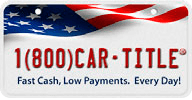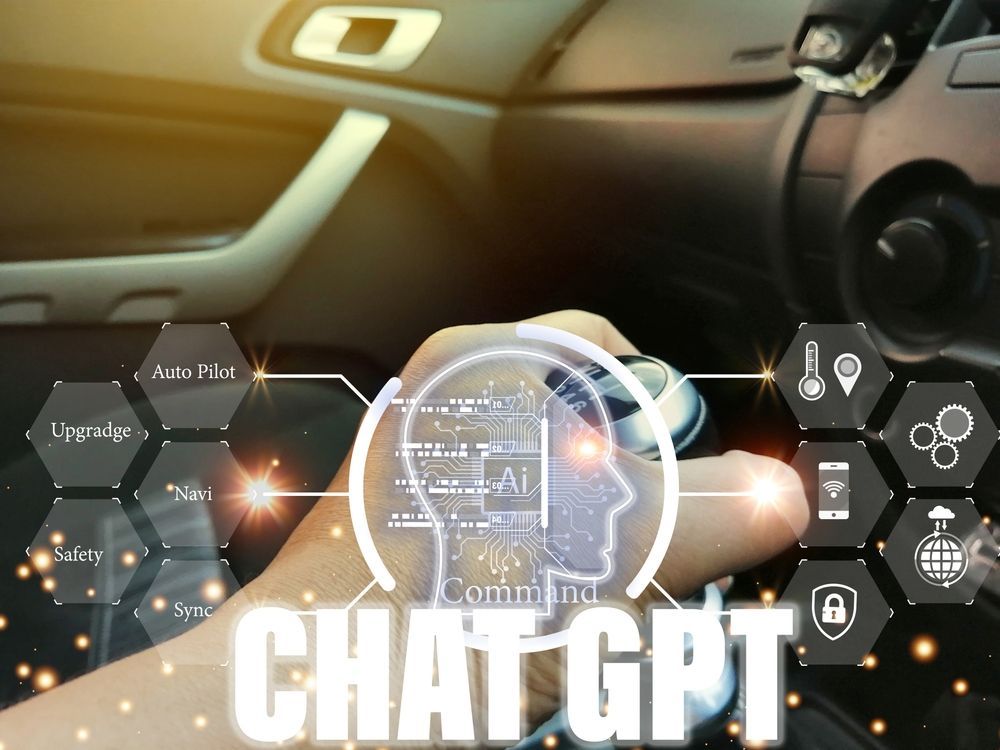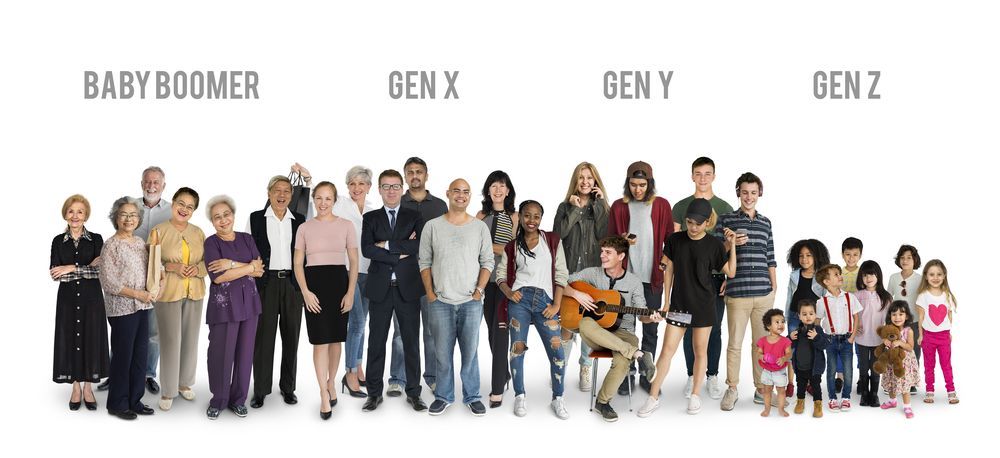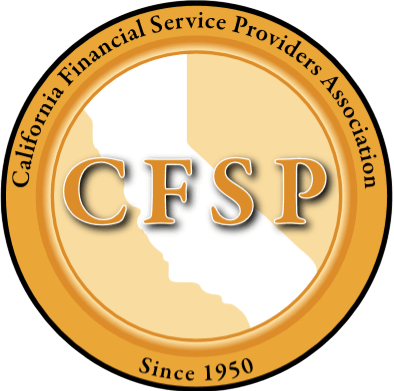How High are Used Car Prices Right Now?
By Marcela De Vivo • April 26, 2023
As interest rates climb higher, shopping for a vehicle right now might lead to a sense of anxiety for buyers. Financing the purchase has become more expensive, but what about sticker prices? In the past, new and used car prices were inflated because of increased demand and a microchip shortage; buyers flocked to buy used inventory when the supply of new models was limited and this drove up the price of used vehicles.
How high are used car prices right now? According to Kelley Blue Book (KBB), used car prices dropped down to $26,510 in January 2023. Before buyers breathe a sigh of relief, they might brace themselves; KBB later reported that a price increase on used vehicles could happen in the future. There are a few reasons why this might happen, according to KBB:
- Rising interest rates make new vehicles less affordable
- Manufacturers are focusing on higher-end vehicles
- The supply of used inventory could be lower

The Impact of Rising Interest Rates
As The Federal Reserve increases interest rates to help reduce the impact of inflation, these rate increases eventually impact consumers in the form of higher borrowing costs. Mortgage rates, auto loans, credit cards and other loans all could be impacted by higher rates. Conversely, higher interest rates could be a boon for those with savings accounts or other interest-generating financial products.
Unfortunately, consumers who are shopping for a new car might face higher rates even when their credit scores are good. Higher rates tend to impact everyone across the board, although the highest interest rates will likely impact those with lower credit scores (or those with no credit).
While some manufacturers could offer low APR promotions for certain models, these options might require a bit more research for the buyer. In addition, these promotions are only offered to ‘qualified buyers.’
Consumers who need to purchase a new or used car might need to shop around for the best interest rates, terms and lowest monthly payments. The Motley Fool reports that interest rates for a new car loan are now around 6.55 percent.
Financing a used car, though, is even more expensive. Interest rates tend to be higher for a loan used to finance a used car. Nerdwallet cites stats from Edmunds that interest rates for these loans are now more than 10 percent (on average).
Manufacturers are Focusing on Higher-End Vehicles
Another factor that could influence the price of used cars in the future is that, according to KBB, manufacturers might be focusing more on the production of higher-end vehicles. As interest rates rise, a new car could be out of reach for lower-budget buyers.
However, buyers who have more to spend could be unbothered by rising costs; these buyers also might be more likely to purchase a more expensive vehicle. To meet this demand, manufacturers are likely focusing their attention on these particular buyers.
For budget-conscious buyers, there might be fewer options for less expensive vehicles. While manufacturers are still offering economically-priced vehicles, there could be fewer buyers for them. Although the price for these models is reasonable, the interest rates on the new models will increase the cost and, thus, make them unaffordable for a segment of buyers.
Buyers Could Move to Buy Used Cars, Bumping Up Demand and the Price Tag
As buyers with less to spend on a new car feel priced out of the purchase, they could turn to the used market to find more affordable options. This possible move to the used market could crunch supply, raising demand and the prices for used inventory. While this hasn’t yet happened, it could be a possible scenario in the future.
A similar situation occurred when the market for new cars was tighter because of the chip shortage. If buyers couldn’t find a new model that they wanted or if that model was unavailable, the used market might have offered them what they wanted. As buyers purchased more used inventory, the supply dropped and the price increased.
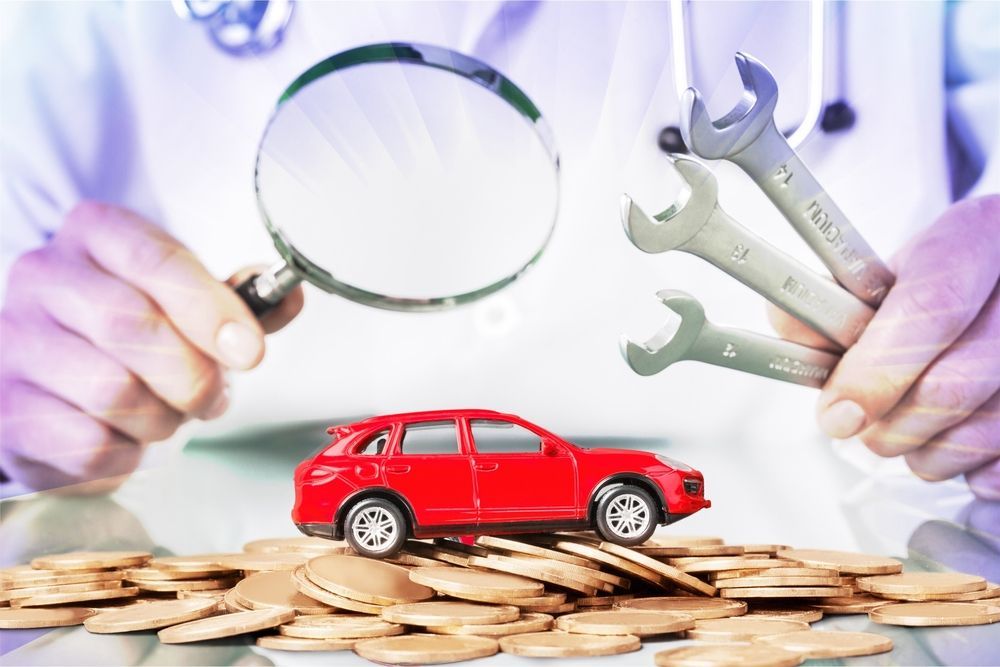
Are Used Cars Really Less Expensive?
While the average purchase price of new models has soared up to more than $49K, Kelley Blue Book explains this is due to buyers choosing pricier vehicles. The higher interest rates have led to less affordable prices for a new car, and buyers who are shopping new might be those who can afford these higher rates.
If buyers with less money to spend feel overwhelmed about the price of a new car and the higher rates to finance them, will they find that used models are more affordable? Again, financing a used car could correlate to a higher interest rate than financing a new car.
How could a used model be more affordable than a lower-priced fuel-efficient new model? The used market tends to offer a variety of price points that allows many buyers to find something that works for their budget.
Used cars could be priced for less than $1,000, while higher-end or luxury used models could soar to six-figure price points. The price of used vehicles depends on several factors, and to find a model in their desired price range buyers might have to sacrifice one or more of these factors:
- Make/Model
- Mileage
- Age
- Condition
Luxury used vehicles could have a higher price tag, but car buyers shopping for budget-friendly vehicles could find an older or high-mileage vehicle for a low price. The condition of a vehicle also impacts its sale price.
How to Find the Best Used Car at the Right Price
When shopping on a tight budget, a used car might be the best option to keep the purchase affordable. The used car shopping process requires additional considerations and research, though. These are vehicles that have been owned and driven, and buyers need to ensure that they are purchasing a safe and reliable vehicle.
The price of a used model could be the buyer’s primary focus. Again, the price of used models can vary depending on the make/model, the number of miles on the odometer, the age of the vehicle and its condition. High-mileage vehicles might be a fine choice for a car buyer who doesn’t commute long distances, but those who need the car for a long commute might focus on lower-mileage models.
Older cars might feature fewer advanced safety systems and other modern touches. Some buyers might prefer updated features and safety enhancements. Buyers might have their own preferences related to what is a deal breaker, though.
At the dealership, buyers can inspect the car on the lot to look for any issues. In addition, they also can request to see the Carfax. This report will note the number of previous owners as well as any accidents and other details about the vehicle.
Buyers also could request a third-party inspection of the vehicle. This inspection can help the buyer understand any issues with the vehicle that could lead to expensive repairs down the road.
Financing a Used Car Isn’t the Buyer’s Only Option
Interest rates for a used car could be higher, and buyers might not want to commit to a loan with these higher rates. Instead, a buyer might save up to purchase an affordable used car with cash.
Buying a car outright also means the buyer has a firm budget and can only purchase a car they can afford on this budget. Options could be limited, but buyers won’t be saddled with monthly payment obligations or need to worry about getting approved for a loan.
Choosing to purchase a car in cash isn’t an option for all buyers, though. Some might find that they need to finance their vehicle. To find the best interest rates, buyers who need financing for their vehicle might shop around.

Private Sellers Could be an Option
Shopping for a used car at a dealership is convenient, but buyers who are purchasing their vehicle with cash also could consider buying a used model from a private seller. They might be able to find a better price or a more desirable vehicle.
When working with a private seller, always meet them in a public place and bring a friend along. Ask to see the Carfax of the vehicle, too. In addition, buyers also can request a third-party inspection.
The financial side of the transaction also should be handled somewhere safe and public. Many sellers might prefer cash, although a cashier’s check or online payment option like Venmo or PayPal also could be accepted.
Bankrate published an article focused on buying a car from a private seller; the site offers good advice to help buyers with this transaction and discusses scams that could impact the buyer.
Are Used Car Prices Reasonable?
Used car prices have decreased, but whether this trend continues might be dependent on several factors. Again, the rising interest rates might push buyers out of a new car purchase. They could begin to shop for used models, and this demand could crunch inventory and increase used car prices.
Manufacturers also might be focusing on pricier vehicles, as those who are able to purchase a new car also have more buying power and want nicer vehicles. Fewer low-priced options also could lead to buyers moving to a used car purchase, but higher interest rates could also mean that lower-priced cars simply cost more now.
Buyers who are in the market for a new vehicle might need to shop around for a car that fits their budget and an interest rate that keeps the monthly payment affordable.
HOW MUCH IS MY CAR WORTH?
